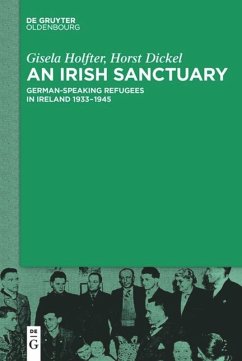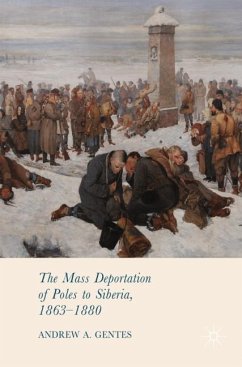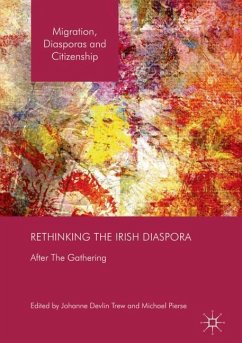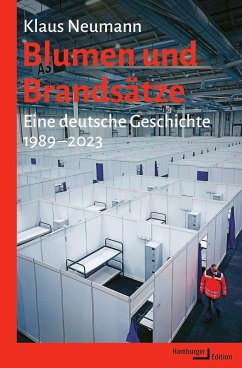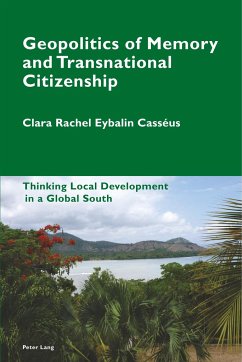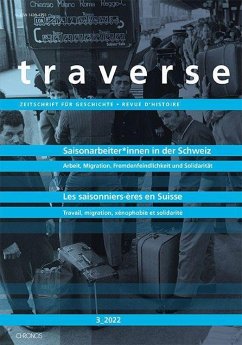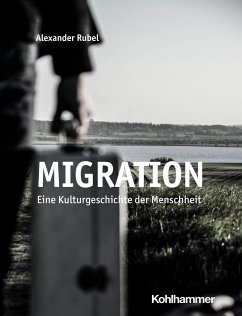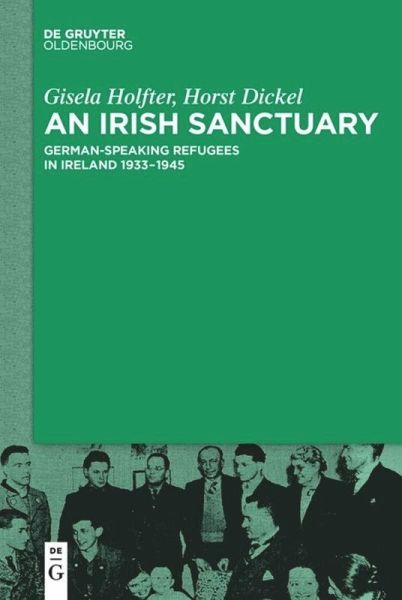
An Irish Sanctuary
German-speaking Refugees in Ireland 1933-1945
Versandkostenfrei!
Versandfertig in 6-10 Tagen
30,99 €
inkl. MwSt.
Weitere Ausgaben:

PAYBACK Punkte
15 °P sammeln!
The monograph provides the first comprehensive, detailed account of German-speaking refugees in Ireland 1933-1945 - where they came from, immigration policy towards them and how their lives turned out in Ireland and afterwards. Thanks to unprecedented access to thousands of files of the Irish Department of Justice (all still officially closed) as well as extensive archive research in Ireland, Germany, England, Austria as well as the US and numerous interviews it is possible for the first time to give an almost complete overview of how many people came, how they contributed to Ireland, how this...
The monograph provides the first comprehensive, detailed account of German-speaking refugees in Ireland 1933-1945 - where they came from, immigration policy towards them and how their lives turned out in Ireland and afterwards. Thanks to unprecedented access to thousands of files of the Irish Department of Justice (all still officially closed) as well as extensive archive research in Ireland, Germany, England, Austria as well as the US and numerous interviews it is possible for the first time to give an almost complete overview of how many people came, how they contributed to Ireland, how this fits in with the history of migration to Ireland and what can be learned from it.
While Exile studies are a well-developed research area and have benefited from the work of research centres and archives in Germany, Austria, Great Britain and the USA (Frankfurt/M, Leipzig, Hamburg, Berlin, Innsbruck, Graz, Vienna, London and SUNY Albany and the Leo Baeck Institutes), Ireland was long neglected in this regard. Instead of the usual narrative of "no one was let in" or "only a handful came to Ireland" the authors identified more than 300 refugees through interviews and intensive research in Irish, German and Austrian archives. German-speaking exiles were the first main group of immigrants that came to the young Irish Free State from 1933 onwards and they had a considerable impact on academic, industrial and religious developments in Ireland.
While Exile studies are a well-developed research area and have benefited from the work of research centres and archives in Germany, Austria, Great Britain and the USA (Frankfurt/M, Leipzig, Hamburg, Berlin, Innsbruck, Graz, Vienna, London and SUNY Albany and the Leo Baeck Institutes), Ireland was long neglected in this regard. Instead of the usual narrative of "no one was let in" or "only a handful came to Ireland" the authors identified more than 300 refugees through interviews and intensive research in Irish, German and Austrian archives. German-speaking exiles were the first main group of immigrants that came to the young Irish Free State from 1933 onwards and they had a considerable impact on academic, industrial and religious developments in Ireland.




